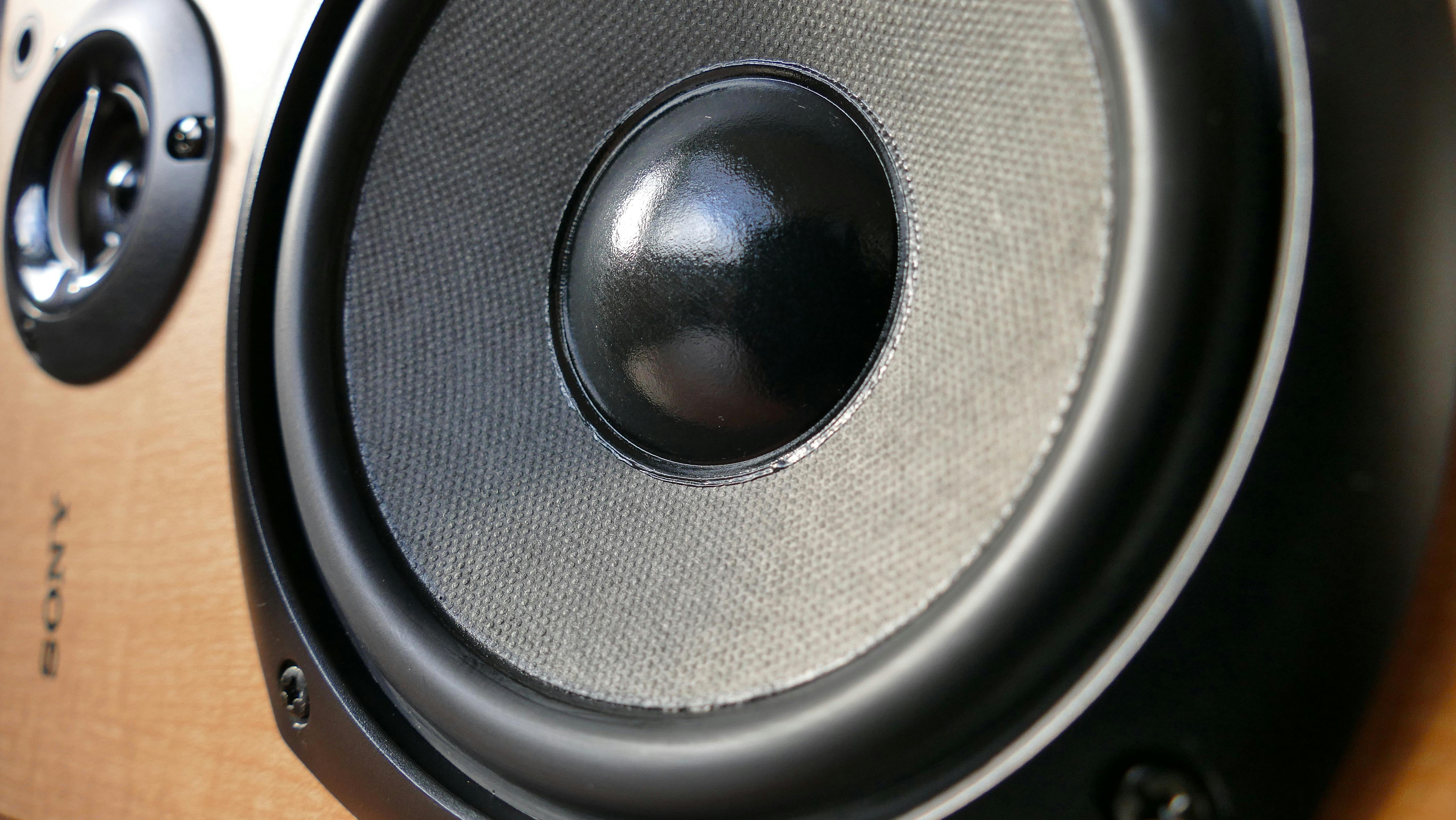It's kind of embarrassing to admit now, but my first extended exposure to New Orleans-style brass band music came ... via a bunch of white guys from Madison, Wisconsin.
During my early days in Lawrence, I made friends with a guy named Joe -- a little older than I was, a lot more hip, and fun to hang around. One evening after work we went and got dinner, then walked around Massachusetts Street looking for something to do. We walked by the Jazzhaus, saw a group called the "Youngblood Brass Band" was playing, and decided why not? The cover charge was something like $3 -- maybe a little more, but not vastly more.
These were the aforementioned white guys from Madison, Wisconsin. The tuba player was particularly talented, using his giant horn to spin out turntable-style sounds while the snare drummer doubled as the band's MC. And what can I say? I'd heard brass band music before -- I'd gotten to see the Dirty Dozen brass band play maybe three songs a few years before, and I enjoyed it, and I should've appreciated what I was seeing more, but it didn't take then. The night I saw Youngblood, it took.
A few days later, I was at a record store, chatting with a friend about how much I'd enjoyed the concert when a stranger approached. "If you think you like brass band music," try this out. He shoved a new CD copy of "Rebirth Brass Band: Live at the Maple Leaf" into my hands. Some meetings are serendipitous I guess. I bought the CD.
And then I was amazed. I probably kept the disc in my player for a month. The music was raw and energetic -- the recording was live, made in what sounded like a party. The songs went on forever. It was all new to me. I loved it.
I'm listening to them now, loving the music and feeling regrets. I always meant to get to New Orleans someday -- to hear them at the Maple Leaf, to hear Kermit Ruffins at Vaughn's. Saw Rebirth here in Lawrence a couple of years ago, and they were great, but they played at the Lied Center -- a big stage, the kind of place build like an opera house with balcony seats -- and that wasn't really their milieu. New Orleans is. I thought I'd get around to it sooner or later. But now I'm not sure there's going to be a later, at least as far as travel and live music are concerned. I hope there is. Until then, I have the recordings.

















